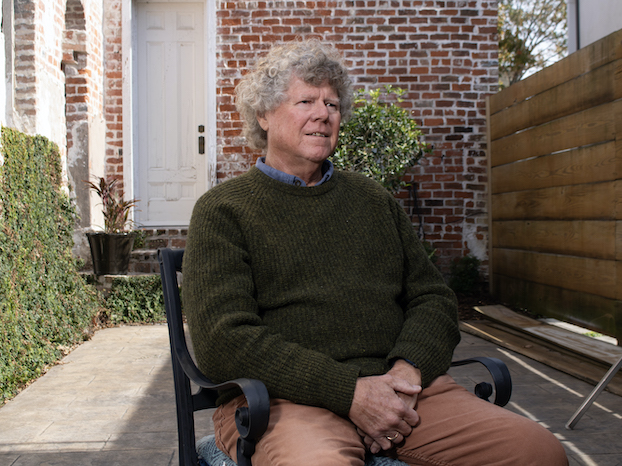CVS responds to Louisiana lawsuits, says they are ‘without merit’
Published 8:04 am Thursday, June 26, 2025

- (Special to the American Press)
CVS Health is pushing back against claims from Louisiana Attorney General Liz Murrill and Gov. Jeff Landry that the company engaged in deceptive, anticompetitive practices, calling the state’s lawsuits “without merit” and pledging to defend itself vigorously.
In a statement provided to The Center Square, CVS said its communications with Louisiana customers were lawful and did not rely on personal information from the Office of Group Benefits, which manages health benefits for state employees.
Trending
“To be clear, we did not use any Office of Group Benefits member information, and we agree with Governor Landry and Attorney General Murrill that OGB data should not be used for this type of outreach,” the company said. “Our communication with CVS customers, patients and members of the community was consistent with the law.”
The company said it launched the messaging campaign to alert customers about a potential disruption in access to its pharmacies, which include 119 retail locations in Louisiana, home delivery services, long-term care pharmacies and specialty pharmacies.
“Our customers were clear: They want access to CVS Pharmacy, and our colleagues were clear: They want to serve their friends, families, and neighbors in Louisiana,” CVS said.
The remarks come in response to three lawsuits announced by Murrill, which accuse CVS of misusing prescription-related contact information to oppose a bill in the Legislature, engaging in anticompetitive “vertical integration,” and using unfair pricing tactics that harmed independent pharmacies across the state.
Murrill and Landry argue the July 2025 text message campaign violated consumer privacy and was a deceptive attempt to lobby against House Bill 358, which aimed to limit the power of pharmacy benefit managers such as CVS Caremark.
Landry, whose wife received one of the text messages, called the effort an abuse of patient trust.
Trending
“Their goal is not to cut costs for patients — it’s to inflate profits for shareholders,” Landry said.
CVS denied that characterization and defended its business model, which combines pharmacy services, health insurance, and benefit management under one umbrella.
“Our integrated model delivers value to members, patients, customers, and clients by providing better access, affordability, and advocacy for those we serve,” the company said. “By combining health care delivery, pharmacy, health care benefits, and pharmacy benefit management, we make it easier for people to have what they want the most: a connected care experience.”
The company also rejected accusations that its pricing practices are predatory toward independent pharmacies, arguing that its retail pharmacies offer the lowest cost in Louisiana’s state contract — an average reimbursement of $141 per prescription, compared to $149 for independent pharmacies.
“Removing CVS Pharmacy from Louisiana will increase the cost to the state by more than $4.6 million,” the company said.
CVS further noted that it won the most recent contract to manage the OGB’s pharmacy benefits through a competitive bidding process, scoring 5% higher than the second-place bidder.
On claims that CVS relies on a foreign-based group purchasing organization to inflate costs, the company said its GPO is based in the U.S.
As for the broader effort by the state to regulate PBMs, CVS said, “A properly functioning competitive market should not mandate higher reimbursement rates to less efficient pharmacies. The result would be an increase in the number of more expensive independent pharmacies and higher costs for consumers.”
Murrill maintains that CVS’s business model undermines competition and hurts Louisiana communities.
“We’ve lost pharmacies around our state, and we’ve had to come in and surround those areas with additional services, sometimes that even costs us more money,” Murrill said. “So, whatever we can justify we’re going to seek.”
The lawsuits are part of a wider crackdown on PBMs in Louisiana, which also includes lawsuits against OptumRx and Express Scripts and a new law imposing stricter transparency requirements. Together, the three companies control about 80% of the PBM market nationwide.





